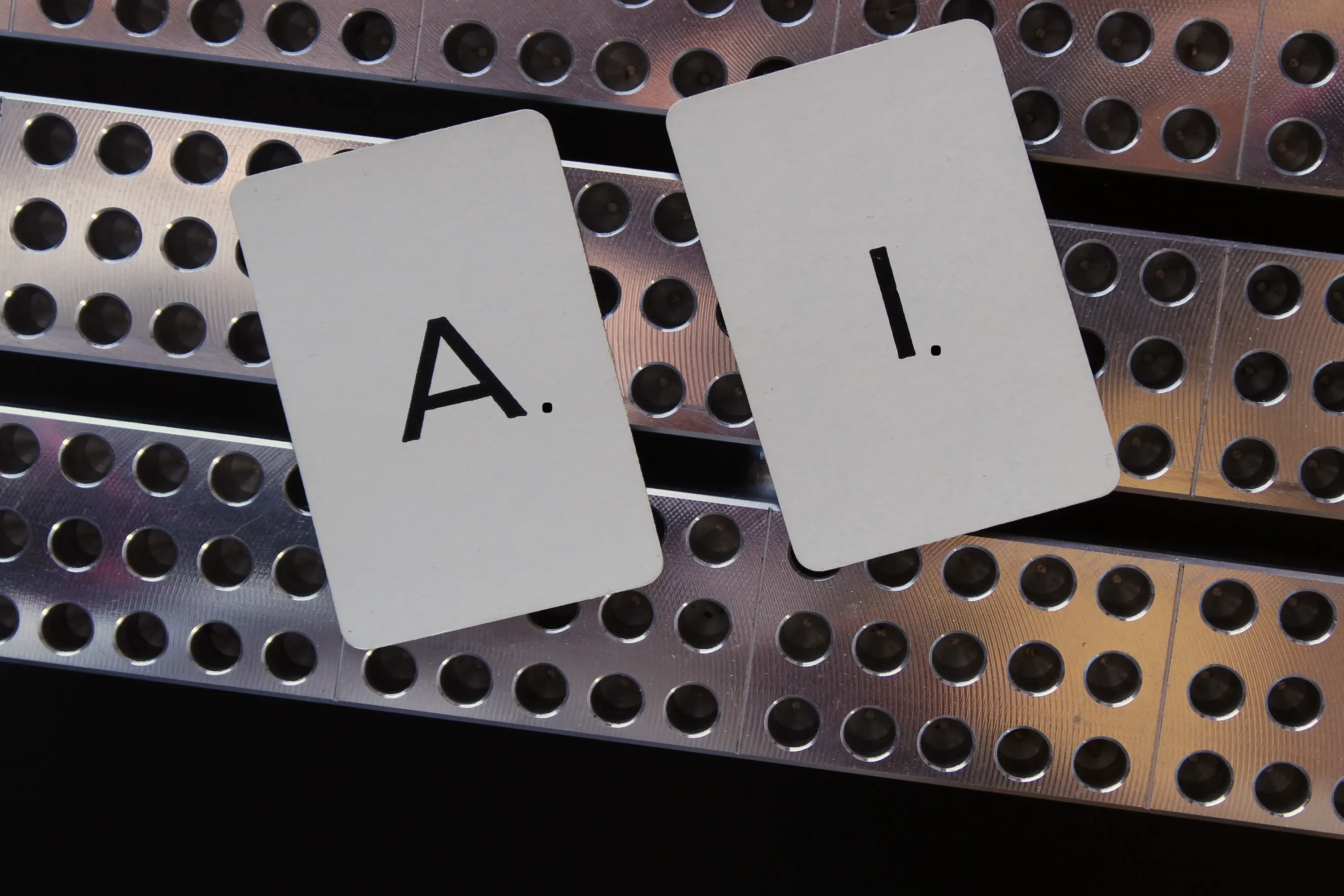Who's Winning the AI race?
AI: A Revolution from Every Perspective
Artificial Intelligence (AI) is no longer a futuristic concept—it’s here, reshaping industries, redefining human work, and challenging academia. But how we see AI depends on where we stand.
- In general, AI is an innovation that automates tasks and enhances efficiency.
- In industry, AI is a competitive edge, optimizing workflows and unlocking new possibilities.
- For practitioners, AI is a tool to solve problems faster and smarter.
- For academics, AI is a field of study, constantly evolving and raising ethical questions.
- For humans, AI is both an opportunity and a challenge—will it empower or replace us?
Let’s explore how AI is changing the world from every perspective.
AI in General: The Everyday Game-Changer
AI is everywhere—from smartphones predicting our next word to recommendation engines suggesting what to watch next. It’s seamlessly woven into our lives, making things easier, faster, and more personalized.
✅ Automates routine tasks—reducing effort and saving time. ( Ask us how )
✅ Enhances decision-making—analyzing data with precision.
✅ Improves personalization—adapting to individual preferences.
But the big question: Are we relying too much on AI?
AI in Industry: The Competitive Edge
In business, AI is a game-changer. Companies use AI to:
📊 Automate operations—reducing costs and improving efficiency.
⚡ Analyze massive datasets—making smarter business decisions.
🔄 Optimize customer experiences—from chatbots to personalized marketing.
💡 Industries like healthcare, finance, and manufacturing are already seeing massive AI-driven transformations.
🚨 But the challenge? Companies must balance innovation with ethical AI practices.
AI for Practitioners: The Problem Solver
For AI developers, data scientists, and IT professionals, AI is a powerful tool to:
🛠️ Build intelligent systems—from automation to advanced analytics.
🤖 Develop AI models—enhancing machine learning and deep learning.
🔍 Improve accuracy and efficiency—in AI-powered applications.
💡 But they also face challenges: Bias in AI, data privacy issues, and ethical concerns.
AI for Academics: The Ethical Debate
For researchers, AI is a field of study filled with possibilities—and concerns.
📚 Ethics and bias—how do we ensure AI is fair?
🧠 Cognitive intelligence vs. human intelligence—will AI ever think like us?
⚖️ Regulation and control—who governs AI development?
💡 The debate is ongoing: Should AI be limited, or should it be allowed to evolve freely?
AI from a Human Perspective: Opportunity or Threat?
AI is changing how we work, live, and think but is it for the better?
🔹 Optimists say: AI enhances productivity and eliminates repetitive tasks.
🔹 Skeptics say: AI could replace jobs and create a dependency on automation.
💡 The truth? AI is a tool—it’s how we use it that matters.
Final Thought: AI is What We Make It
🚀 AI isn’t just one thing, it’s different for every industry, every expert, and every person.
💡 Whether you see AI as a tool for progress or a challenge to overcome, one thing is certain. It’s here to stay.
FAQs about Artificial Intelligence (AI)
1. Will AI take over all jobs?
No, AI will automate tasks but also create new job opportunities in AI-driven industries.
2. Is AI smarter than humans?
AI processes data faster, but it lacks human creativity, emotions, and judgment.
3. What industries benefit most from AI?
Finance, insurance, manufacturing, and marketing are already using AI extensively.
4. Can AI be trusted?
With proper regulations and transparency, AI can be a reliable tool.
5. Will AI replace human decision-making?
AI assists decision-making but should complement human judgment, not replace it. Your competitor is getting faster, more efficient, and smarter. Are you?


